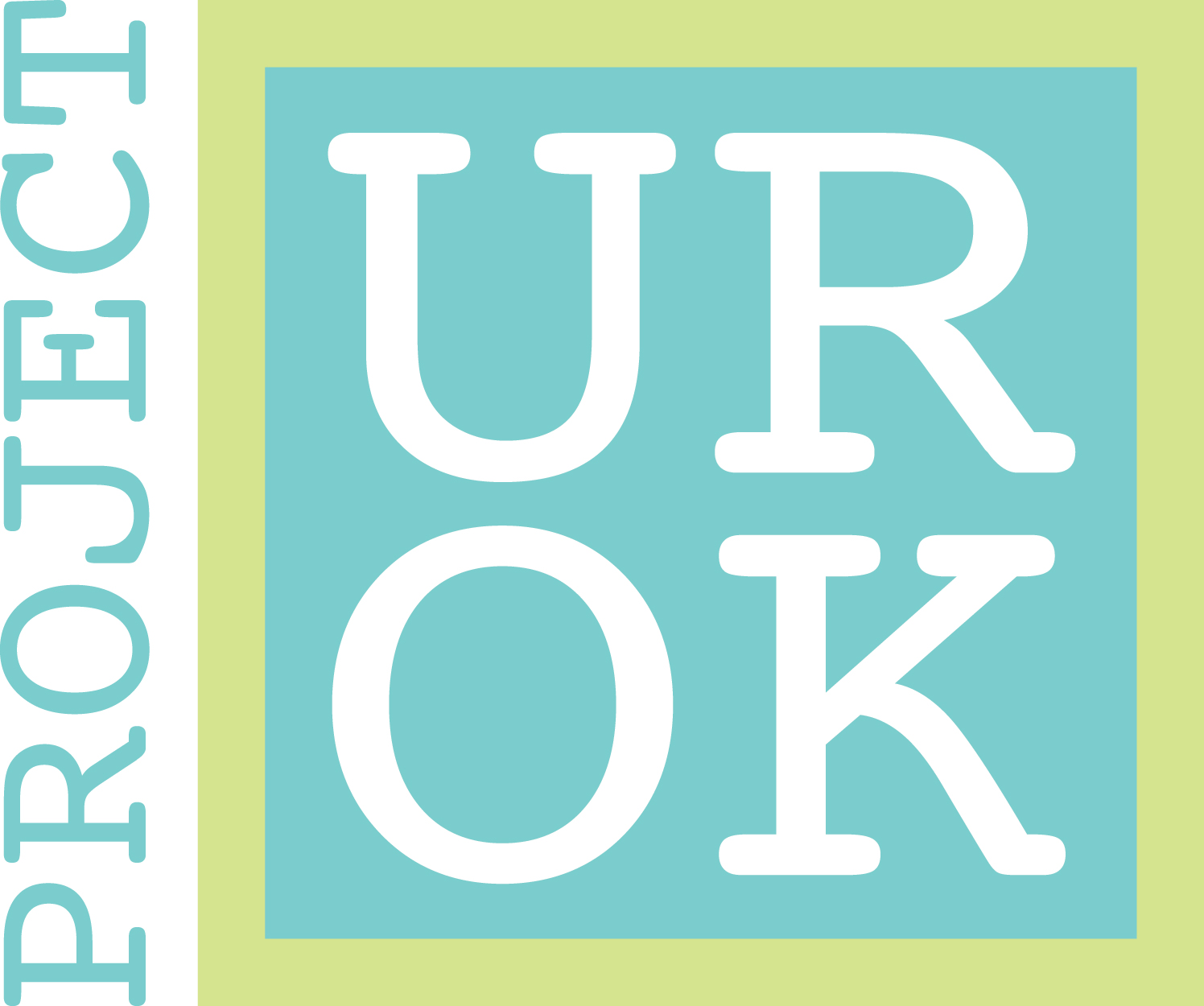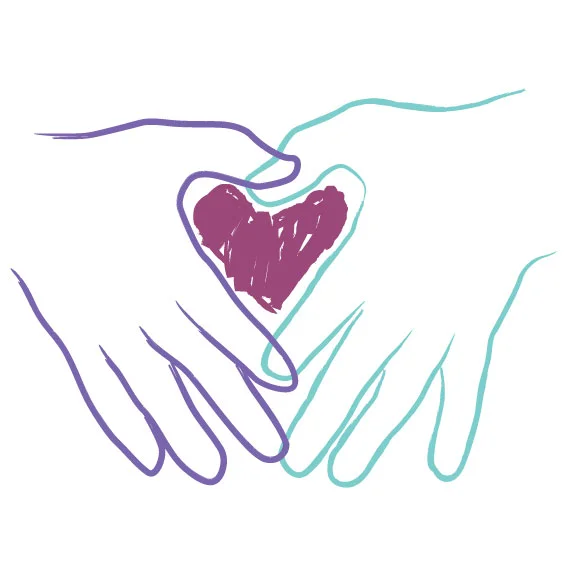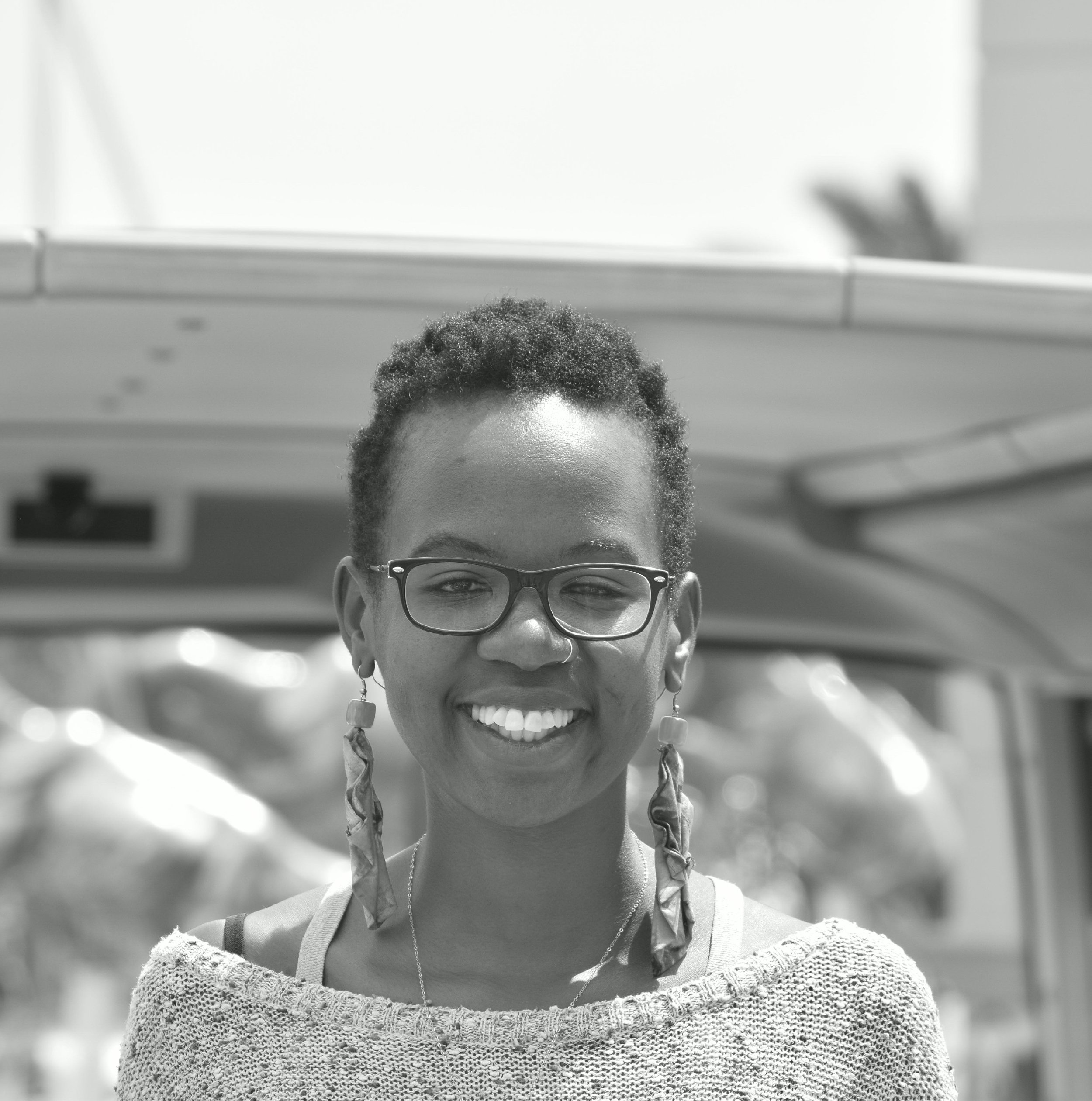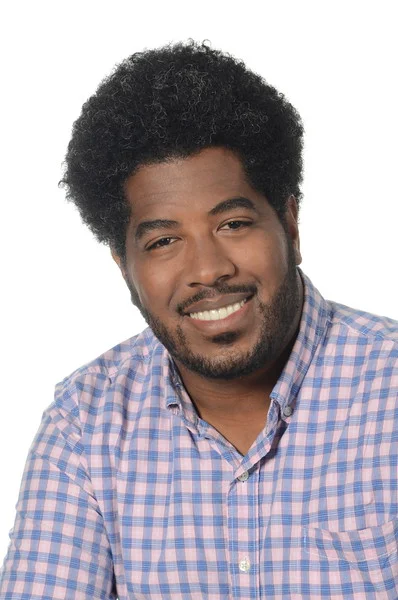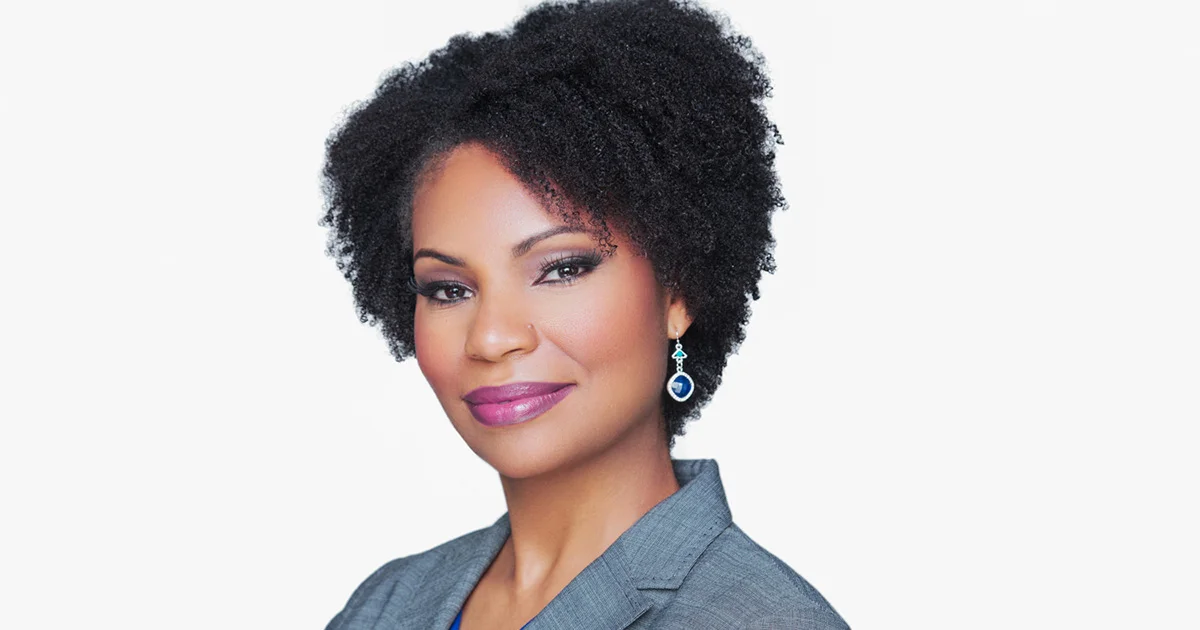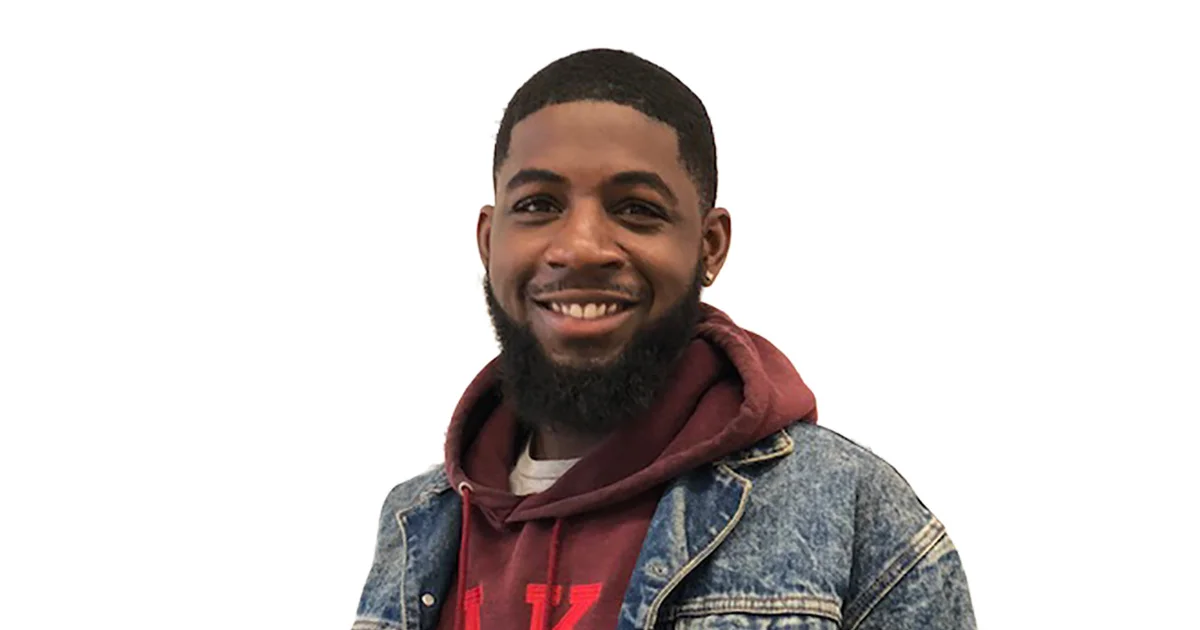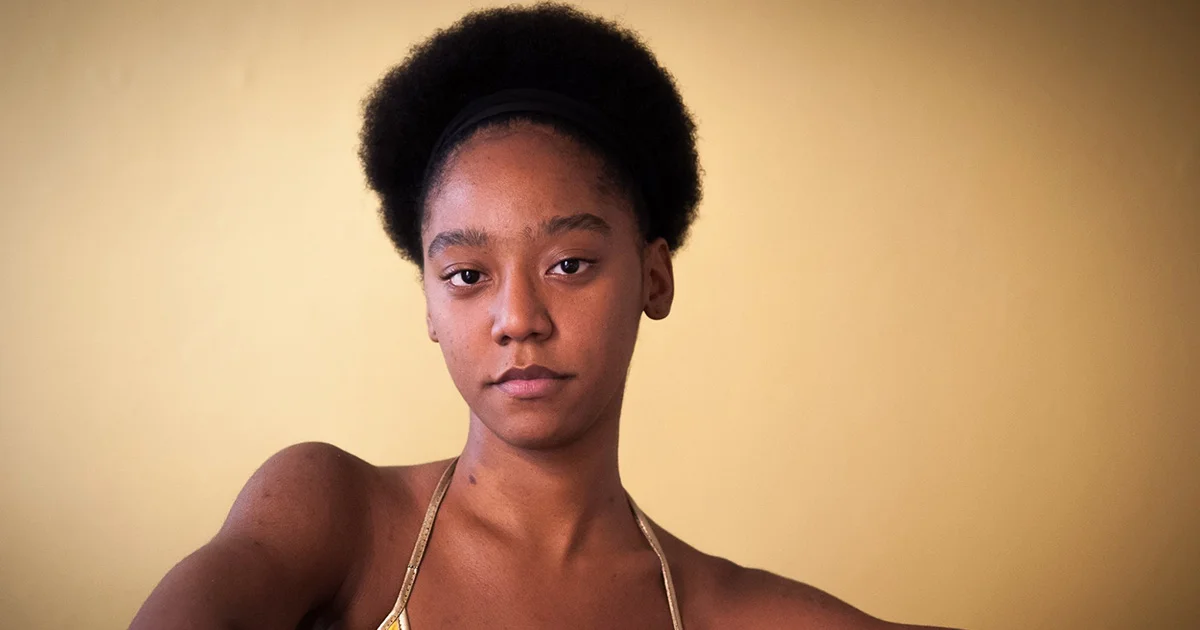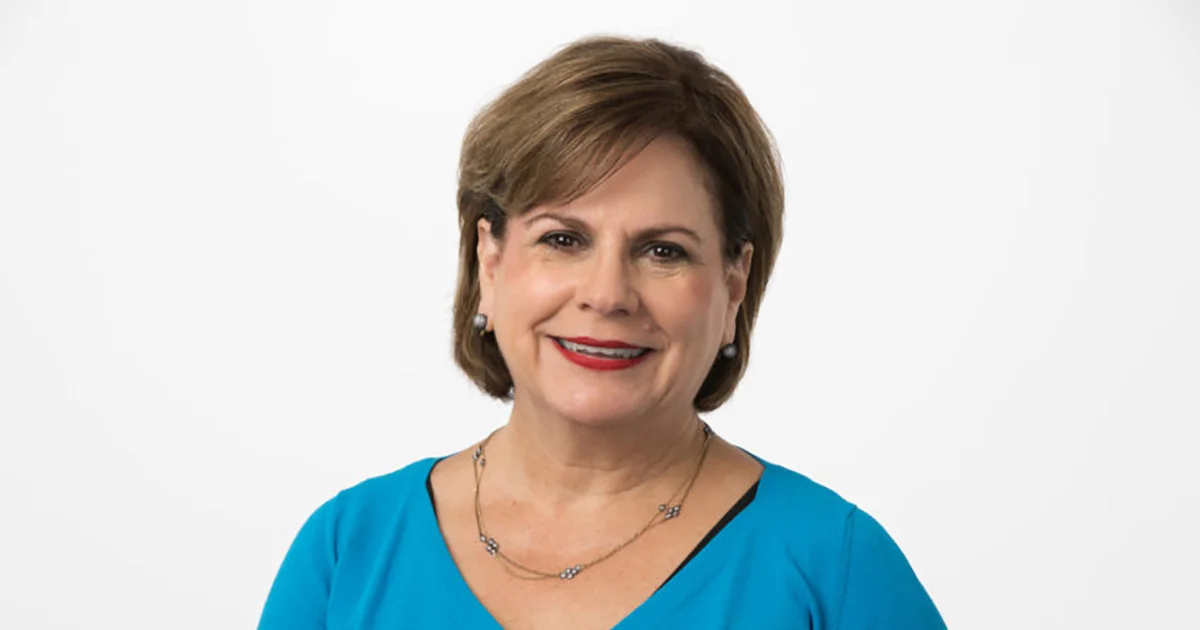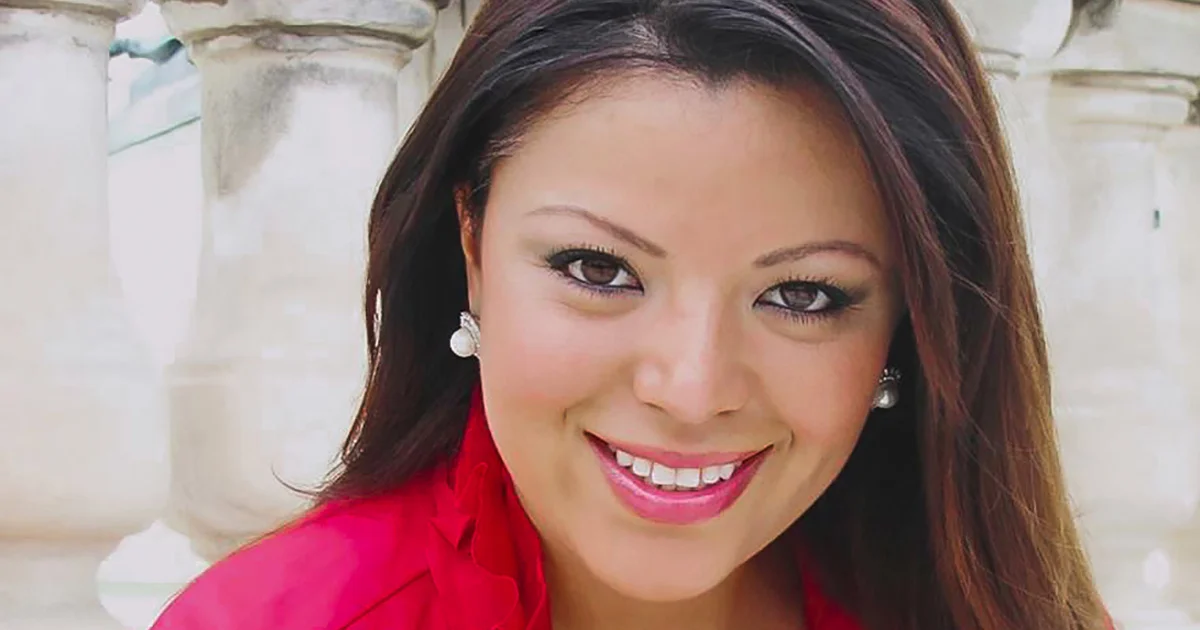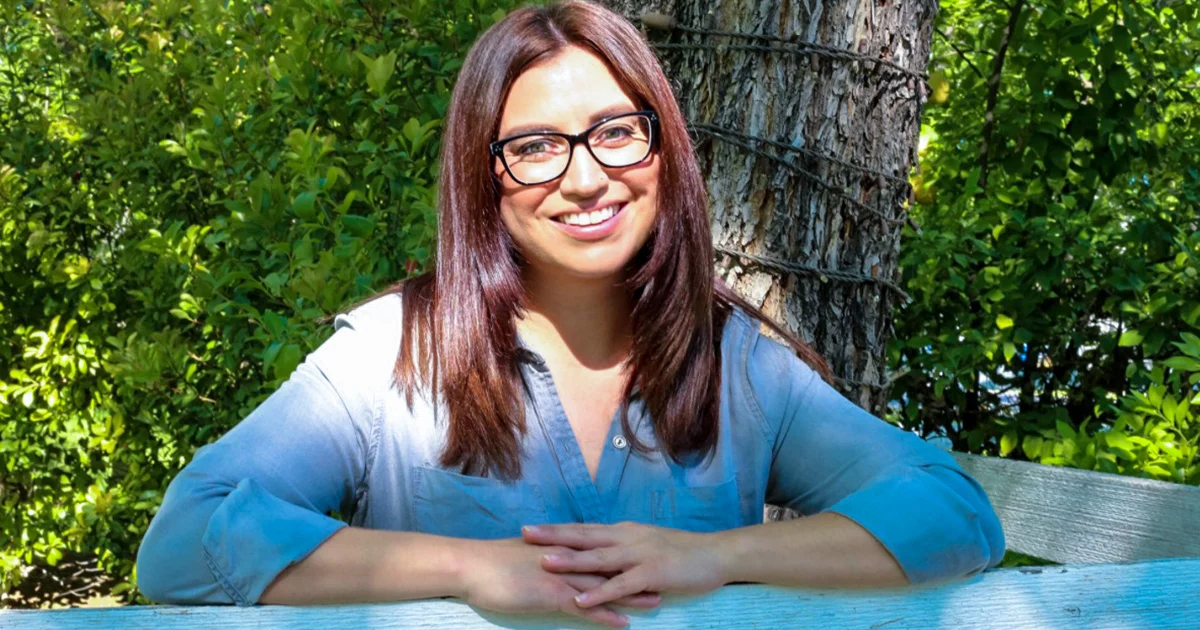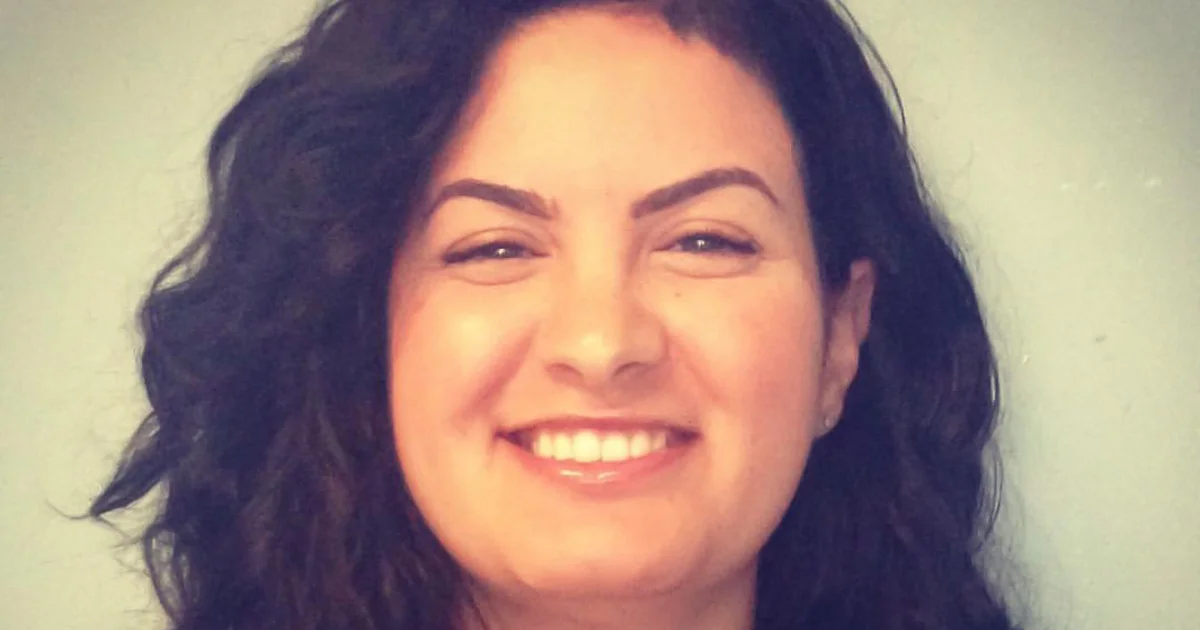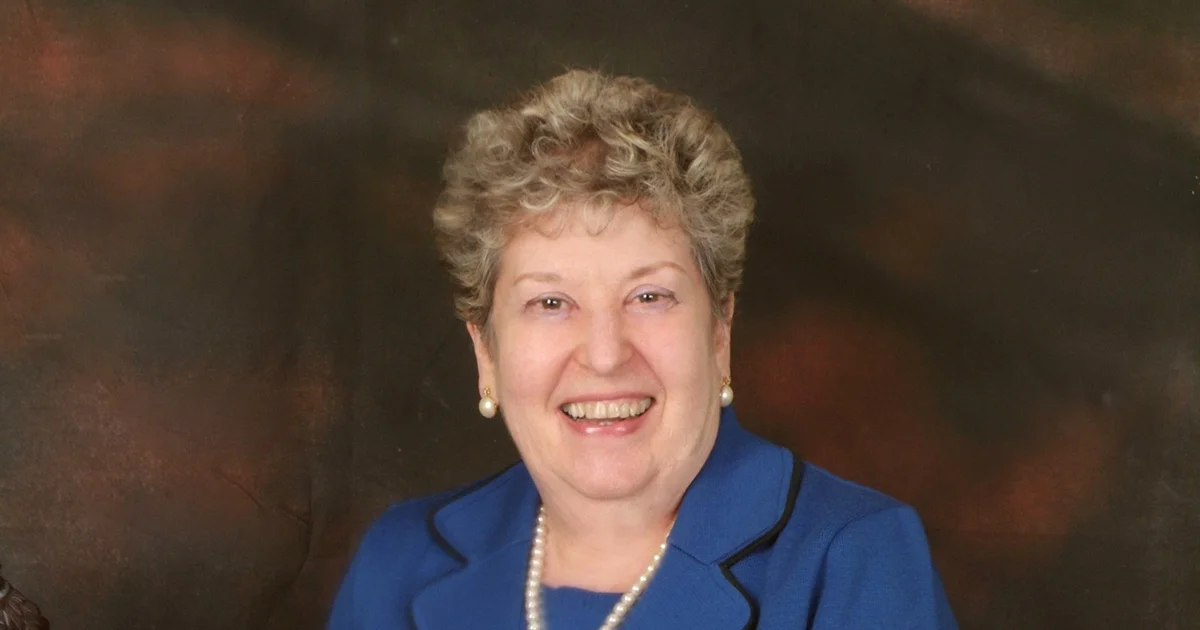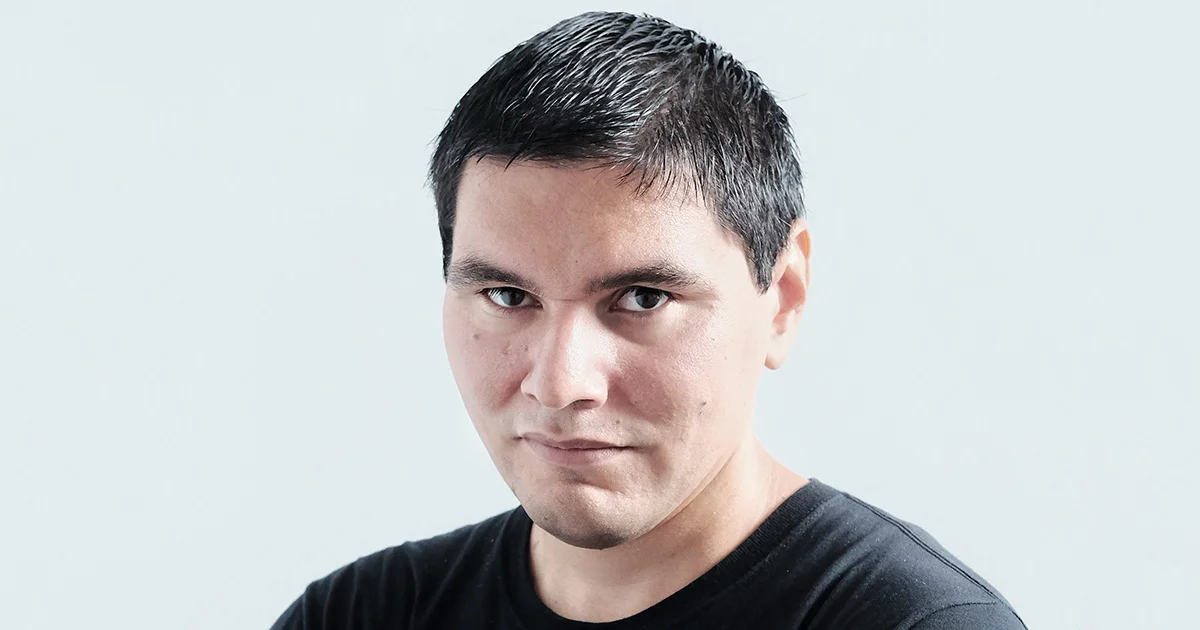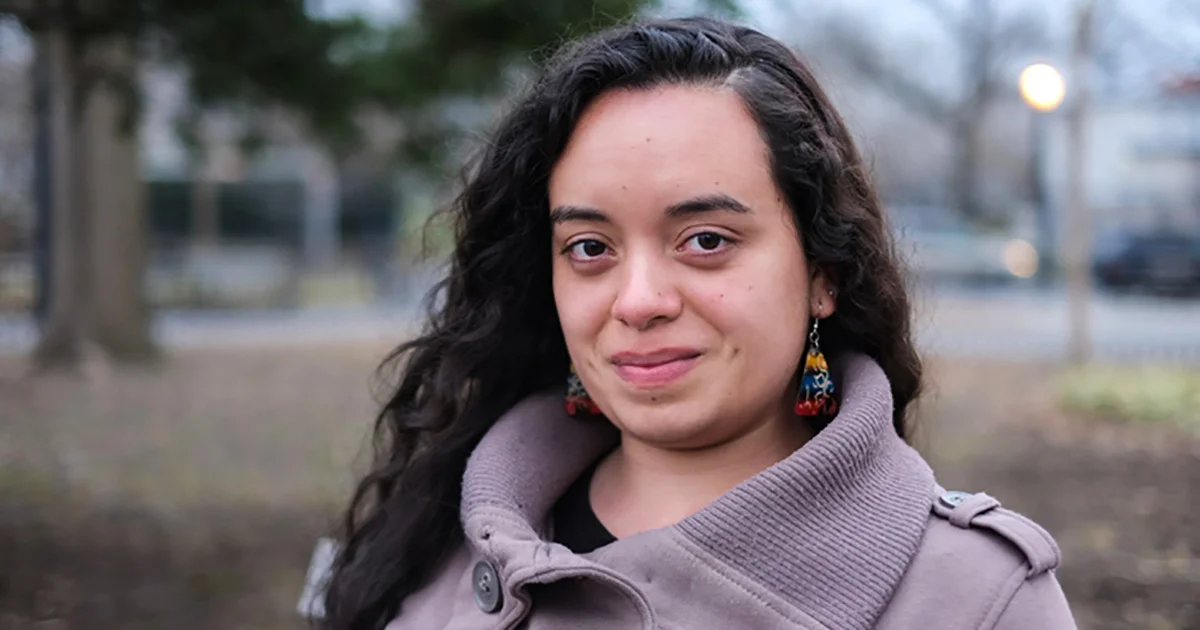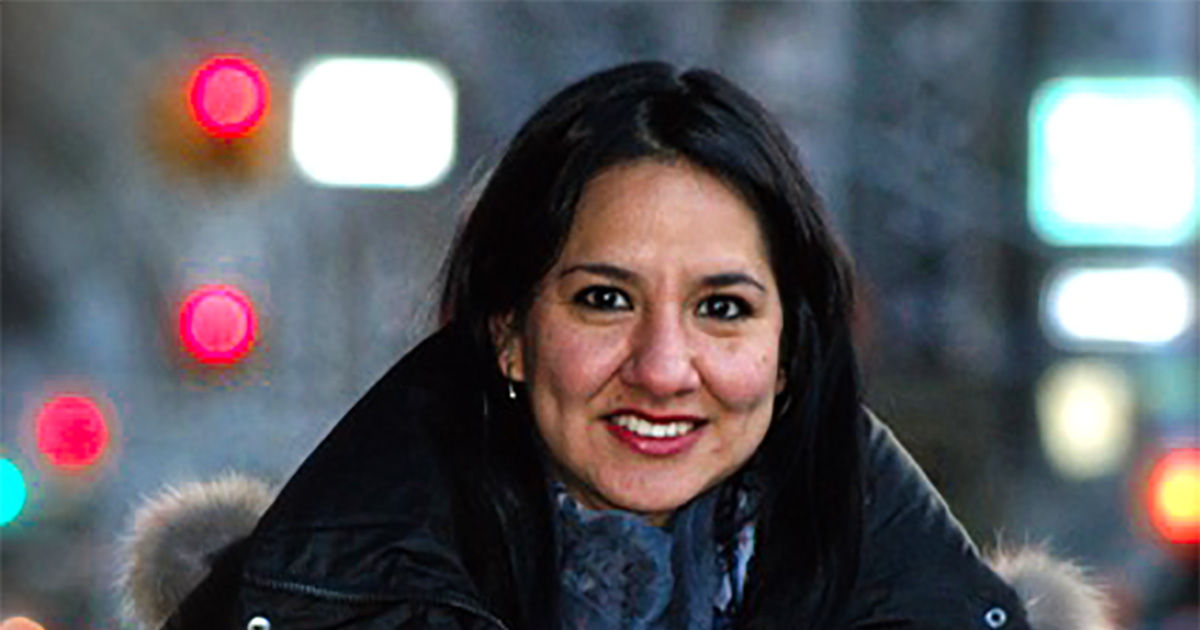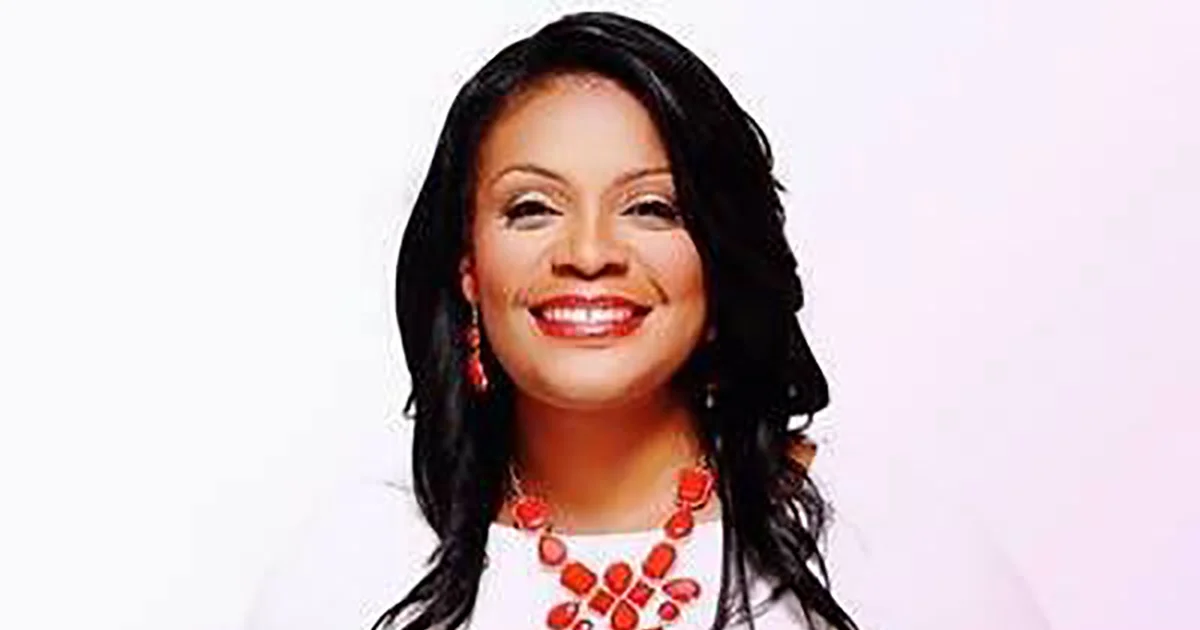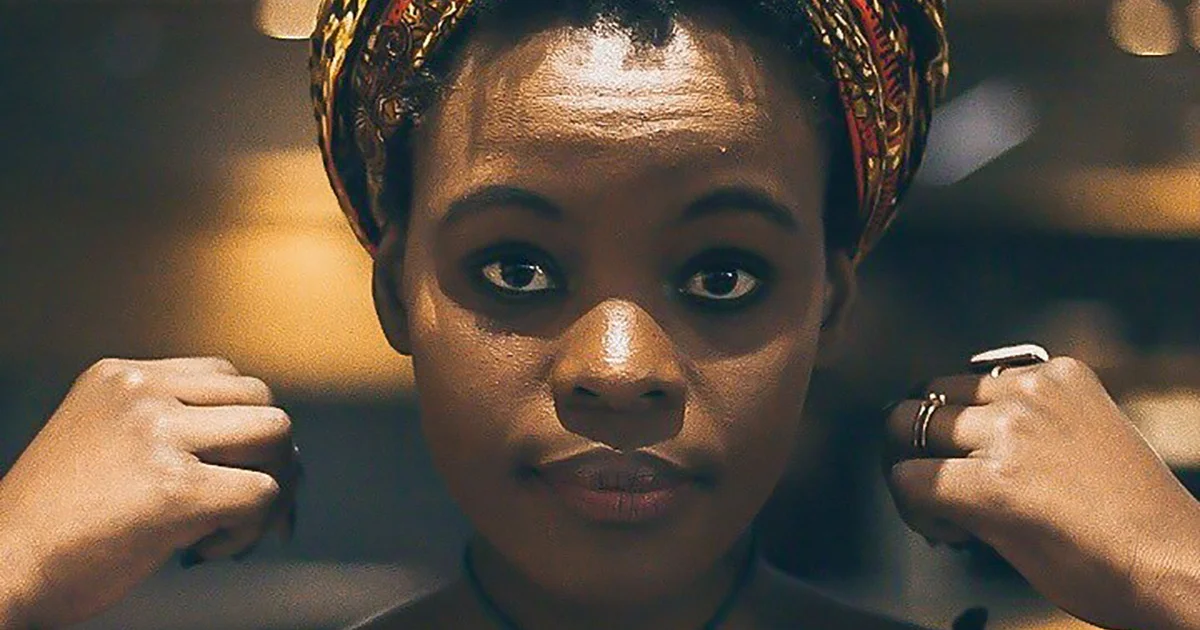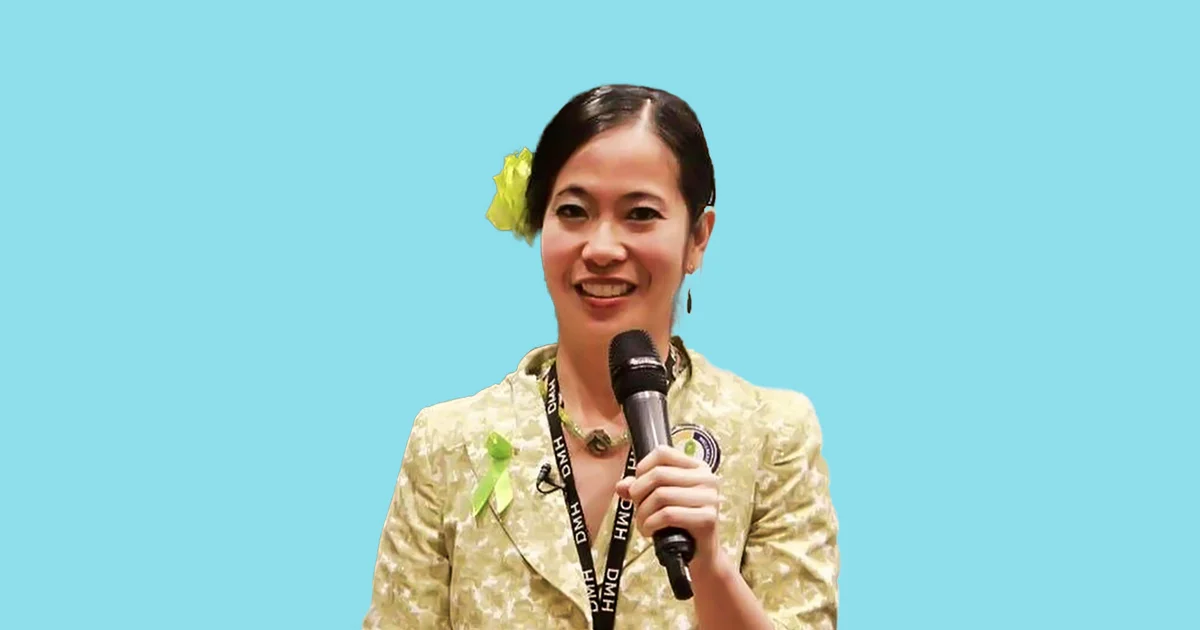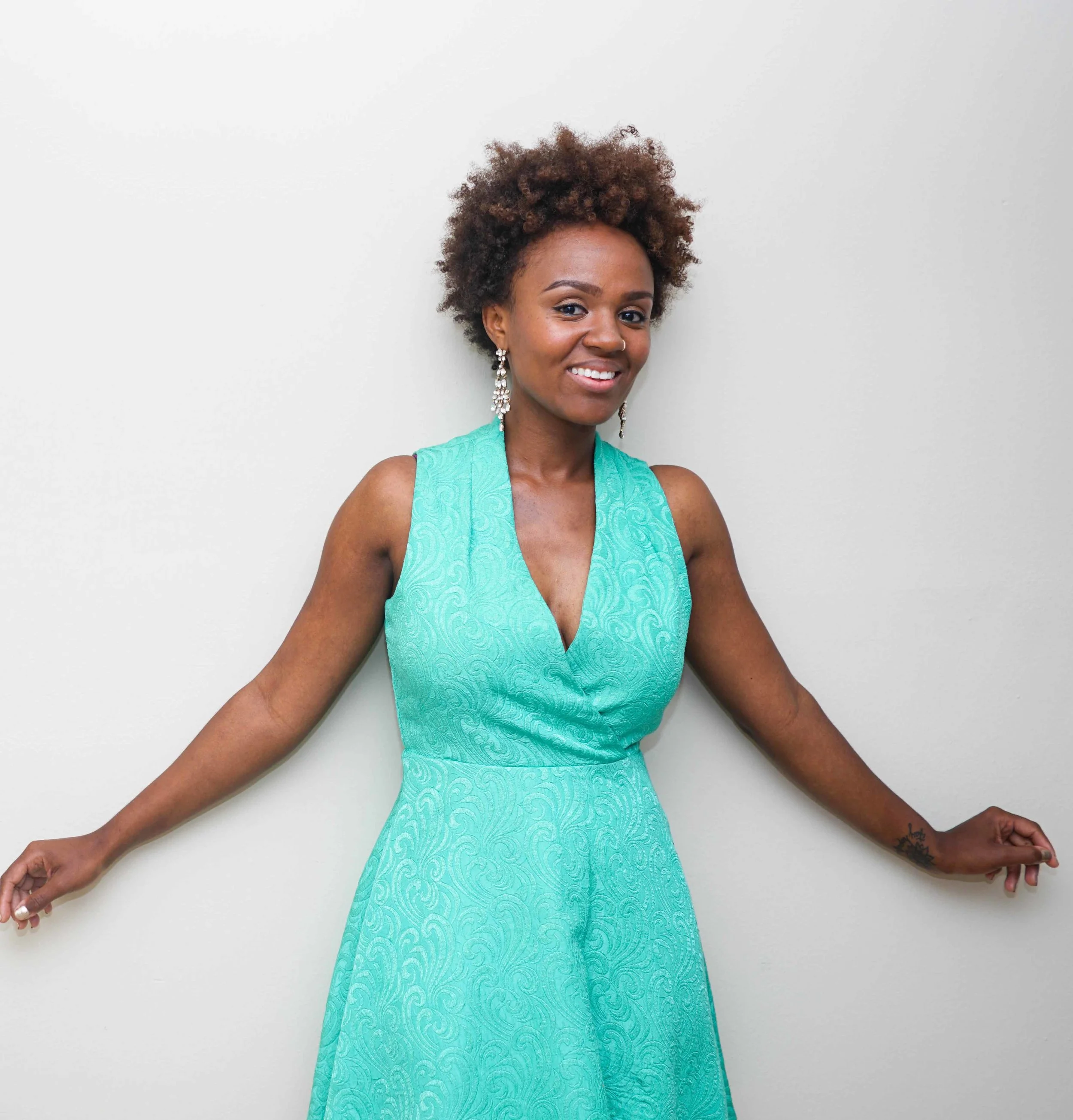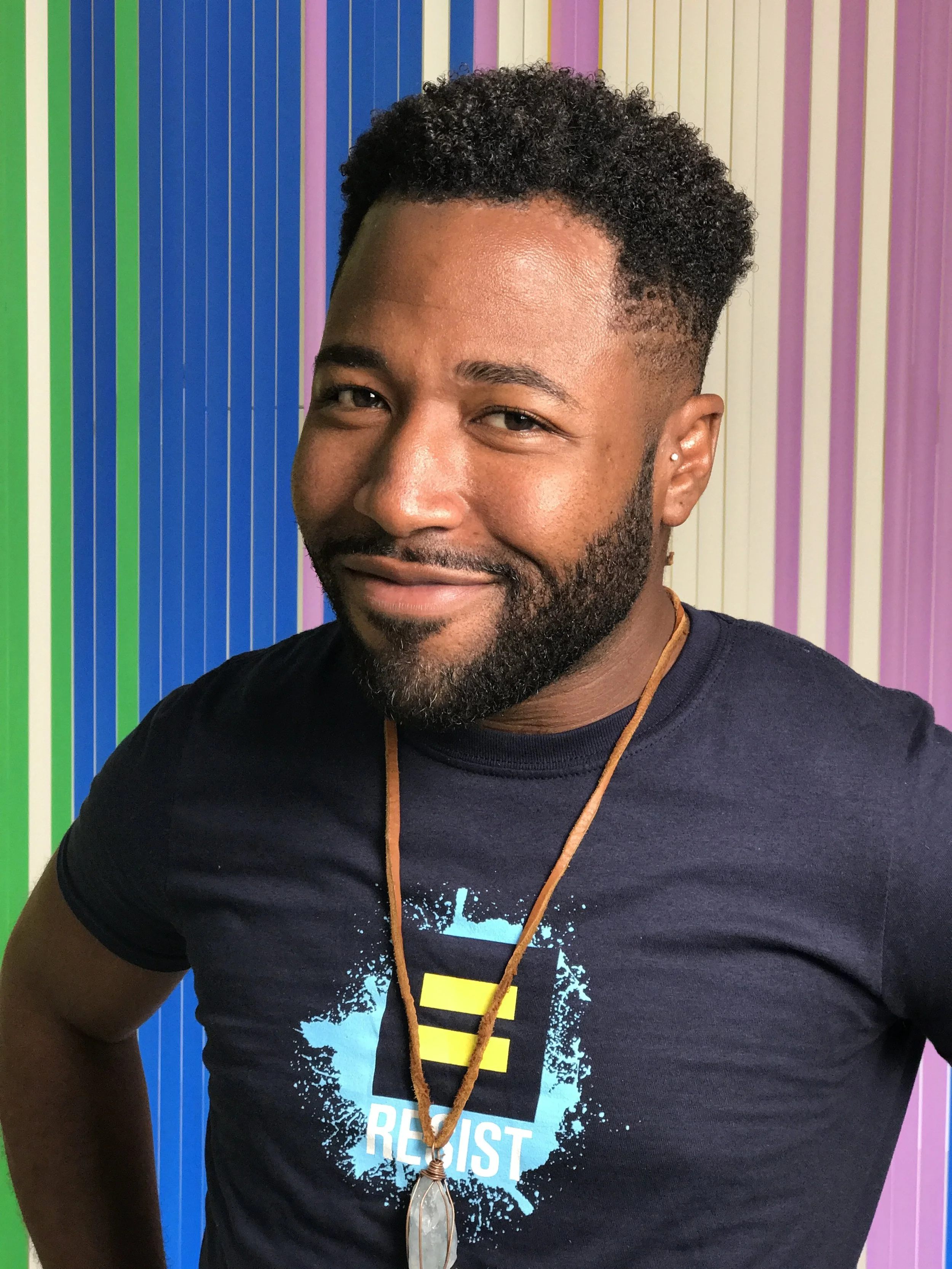Almost a year ago today I began experiencing psychosis. Before that I always had a very low mood. I’m now fourteen and have been diagnosed with depression with psychotic symptoms and also bulimia nervosa. The past year has been a tough one, but one I am forever grateful for. I have learnt things I never thought I would and met people I never would have if it wasn’t for my illness.
Read MoreWhilst telling your parents might feel like the last thing you want to do, it’s important that you try. If you can’t tell them, then you need to speak to someone that you trust, maybe a grandparent or other relative. Talking about your problems can help you to feel better and understand how you’re feeling more clearly. Anxiety and depression can make you feel alone, but it’s important to remember that you’re not. Help is out there, and your parents will be able to offer you advice and guidance.
Read MoreI started my work based on my personal experience as a rape survivor living with a dual diagnosis of epilepsy and bipolar and finding myself in a space where information and support were not easily available. So I started providing information and creating support systems. Mental health issues are slowing down and sometimes robbing society of powerful souls. A lot of people are going through things they don't know how to handle and need to be constantly reminded that they are not alone, that they are enough.
Read MoreI think that it's extremely important to help people not only cope with mental illness but also to help people embrace overall wellness that helps them optimize their quality of life. As a therapist, I think it's important to hold both the role of educator and provider, teaching clients about emotional health and conditions, if applicable, as well as providing new perspective and skills to help them live better lives in practice. My professional goals are to help promote conversations about mental illness and wellness especially in groups who tend to be underserved by mental health systems, such as people of color and LGBTQ+ folks.
Read MoreTamu Lewis is the Co-Founder of the Lee Thompson Young Foundation. She started the foundation with her mother, Dr. Velma Love, in honor of her brother, actor Lee Thompson Young, who died by suicide after struggling with bipolar disorder. The foundation seeks to end stigma associated with mental health through education, support, and resources. We asked her why her work is so important and how she approaches self-care. She says, "mental health impacts everyone and we need to be more aware of mental health challenges and resources in order to help ourselves and others."
Read MoreWhen I think of self-care, I think of rest and relaxation but I also think of things that make me feel happy. I'm an avid TV watcher, chocolate eater, explorer, shopper, and coffee-drinker. I love spending time with my friends and family also. Self-care is important because it allows you to recharge and present your best you.
Read MoreI am one of the co-founders and the associate editor at La Galería Magazine, a place to document and celebrate the stories of the Dominican Diaspora. La Galería Magazine is an independent, non-affiliated publication that discusses, deconstructs, and explores traditional Dominican symbols, ideologies, and customs in order to better understand our community, history, and culture.
Read MoreI am director of Salud America! A national network that inspires people to drive healthy changes for Latinx children. I also direct the headquarters of the network, the Institute for Health Promotion Research at UT Health San Antonio. I have spent 30 years directing research on human and organizational communication to reduce chronic disease and cancer health disparities affecting the Latinx community, including cancer risk factors, A1:M10 trial recruitment, tobacco prevention, obesity prevention, healthy lifestyles promotion, and more. For Salud America!, I direct a team of passionate communicators who are creating research, stories, and tools to support policy and system changes for Latinx family health.
Read MoreIt definitely has been a journey filled with gratitude, where no day is the same. One day I can be driving three hours out to a rural part of my state to provide a suicide prevention training for a school and the next day working on mental health policy change. At times it's been late nights on a Friday evening (because that's when a crisis happens), calling all my mental health contacts to successfully identify a provider who can take in a new client immediately. Some days it's sitting on the sidewalk sharing a sandwich with my friend Aaron, who is homeless and suffers from mental illness--hoping that our conversation will get him to agree to see a provider.
Read MoreI am the co-founder of the National Coalition for Latinxs with Disability (CNLD). My job as a leader in this #DisabledLatinx movement is to network and connect with other Disabled and Latinx leaders in the U.S. and those who want to be leaders in the movement. I'm building bridges between the Latinx and Disability worlds. For too long, I've had to split my Latinx and disability identities, and I know that's true for others out there!
Read MoreI am Co-Founder and Lead Organizer for Aliados for Mental Health. My job is to construct spaces online and offline to raise awareness about issues related to the mental health of the Latinx community. I organize community events that give a voice to Latinx community members affected by mental illness and those interested in bilingual socially conscious psychotherapy from a healthcare perspective. We share knowledge and resources about mental illness and mental health care in hopes of raising awareness and decreasing stigma in the Latinx community. Our Aliados for Mental Health’s Facebook page is a simple way of “staying woke” to the issues affecting the Latinx mental health community.
Read MoreI am the Founder, President, and CEO of Comunilife, Inc. My job is to work with our board, staff, and community to develop culturally appropriate programs that help homeless and at-risk Hispanic New Yorkers access the services they need to live independently and reach their individual potential. In addition to providing direct services, a large part of my job is to advocate on behalf of our clients. This can include working to reduce the stigma associated with mental illness and educating our community on the benefits of early intervention.
Read MoreMy approach to advocacy starts with sharing my own vulnerability and the ups and downs of my journey. Instead of hiding my bipolar and anxiety I talk about it on social media and start a dialogue out of it for anyone to join. I also travel and speak for various mental health organizations even though most days I’d prefer to be wrapped up in my blanket in bed. I’ve often heard that men don’t talk about their mental health because that makes them weak. I used to hold back due to fear of verbal abuse, but I’ve realized that the more I open up the better my mental health is overall.
Read MoreI dispel myths and fight stigma by openly talking about my own mental health journey. Navigating a society that constantly reminds me I am not welcome here is hard and can impact my well-being. Some days are harder than others. I try not to shy away from talking about needing counseling and the trauma migration can cause. In my case, I also survived sexual assault. This, compiled with being undocumented, impacted the way I navigated the world and the resources I had access to. I use my documentary, No Le Digas A Nadie - Don't Tell Anyone, to talk about immigration, assault, trauma, and mental health.
Read MoreI am the Director of the Latino Youth & Family Immigration Project: Dímelo en Español at Ackerman Institute. We are a project in the institute that provides family therapy to first and second generation Latino immigrant families. We offer a specialized framework that, at its core, emphasizes cultural sensitivity and resiliency in families. I facilitate therapeutic conversations about immigration loss, the unique experience of parenting bi-cultural/bilingual children, trans-nationalism, identity, trauma and, more recently, about the current sociopolitical climate. We do this using the families' mother tongue language, Spanish.
Read MoreMinority mental health matters and presents a great opportunity to have intersections from various people of color with different cultures, values, and backgrounds explore each other's mental models to find common interests and fight stigma in our communities.
Read MoreMinority mental health matters to me because there are still a lot of victims to be pulled out of this situation by creating awareness about this sickness. It needs to be thought of a sickness that can be treated. Unfortunately, only a few of us have found ways of dealing with this sickness, and the rest us are suffering in silence because of the lack of knowledge or ignorance within our society.
Read MoreI took my stand at the podium and stated, "I will not end my life because I have a story to share. The more we talk about mental health, the more we will alleviate the stigma. There is no shame. There is no shame!" That is when I began my grassroots journey to bring awareness to mental health in my communities.
Read MoreI have seen the effects of untreated mental health in my life and in the black community. As minorities, it is undeniable that we have been exposed to so much generational and present day trauma. I believe our community has to learn how to heal. It is our time to change the narrative of what mental health looks like in our community and make emotional wellness a priority. I believe that if we can successfully do this then we can change the trajectory of our future generations.
Read MoreI recently founded the Queer Minority Mental Health Project to advocate for greater representation of, and resources for, LGBTQ people of color in the mental health field. Too many living at the intersection of these identities, including myself, lack representation in the mental health narrative and struggle to find LGBTQ and culturally competent providers. The Project seeks to educate the public on the unique mental health experiences of this community, and help providers understand their unique needs.
Read More